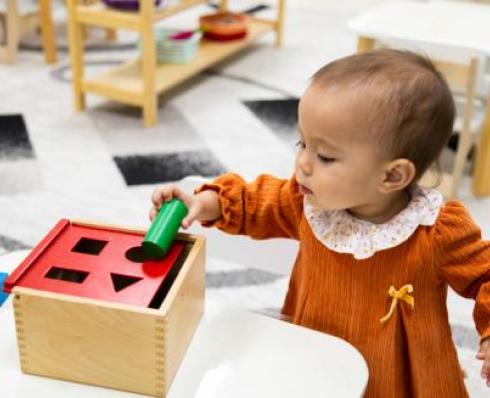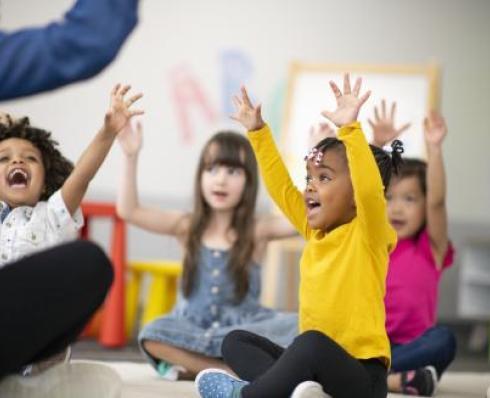PL36 - An Early Childhood Day of Professional Learning
| Dates |
8th February '25 |
| Time |
9.30am - 3.00pm |
| Number of sessions/duration |
3 Sessions |
| Maximum No. of participants |
40 |
| Course leader |
Carol-Ann O'Síoráin, Geraldine French, Mathias Urban |
| Format |
On Campus |
Agenda
9.30 am: Registration and coffee
10 am - 11.30 am Critical issues in early childhood education and care
Course Outline
The session provides an opportunity to engage with current developments in the Irish early childhood education and care system, focusing on participants' own experiences and questions - and some provocations by the course leader.
Profile of Course Leader
Professor Mathias Urban, PhD, is Desmond Chair of Early Childhood Education, and Director of the Early Childhood Research Centre (ECRC) at Dublin City University, Ireland, and Professor (II) of Pedagogy at the University of Stavanger, Norway. He works on questions of integrated early childhood systems, diversity and equality, social justice, and professionalism in diverse socio-cultural contexts.
11.30 am - 1pm: Nurturing Autonomy, Wonder and Awe & seeing the extraordinary in the ordinary
Course Outline
Nurturing Autonomy, Wonder and Awe Playful experiences encourage children’s natural curiosity and sense of wonder and awe. This workshop explores the importance of ECEC and practices and pedagogies that promote spiritual moments and experiences that awaken a sense of being, purpose and well-being. As evidence of that importance participants' attention will be drawn towards the findings of the Literature Reviews (French & McKenna 2022) which underpins the the update of Aistear, the Early childhood Curriculum framework (National Council for Curriculum and Assessment). The focus of the session is on the Well-being theme in Aistear. Creativity, spirituality & outdoor learning will be discussed in the context of nurturing autonomy, wonder and awe & seeing the extra-ordinary in the ordinary with examples from practice.
Profile of Course Leader
Geraldine French is an Associate Professor, the Head of School of Language, Literacy and Early Childhood Education, the Programme Chair of the Master of Education in Early Childhood Education in the Institute of Education, Dublin City University. In the context of early childhood settings Geraldine has published on quality professional practice, supporting early language, literacy and numeracy, nurturing babies' learning and development, the literature review to underpin Aistear and the literature review to underpin Literacy, Digital Literacy and Numeracy Strategy.
1pm -1.30 pm Lunch (please bring a packed lunch)
1.30pm to 3pm: Playful (Teaching) and Learning
Course outline
This practical workshop will energise participants to consider their own professional concepts of play and playful learning. Participants will debate and assess the role of the educator as play partners. The course is structured to firstly engage participants in play, then to refresh our understanding and commitment to play and finally to locate pathways to better practice with young children.
Profile of Course Leader
Dr Carol-Ann O'Síoráin is an Assistant Professor of Early Childhood in the School of Language, Literacy and Early Childhood in the Institute of Education. Her research and practice interests include Play across the curriculum, the role of the teacher in play pedagogy, the role of parents as play partners, early intervention, Special Education Needs, Playful Literacy and Numeracy.
3PM Slán Abhaile






